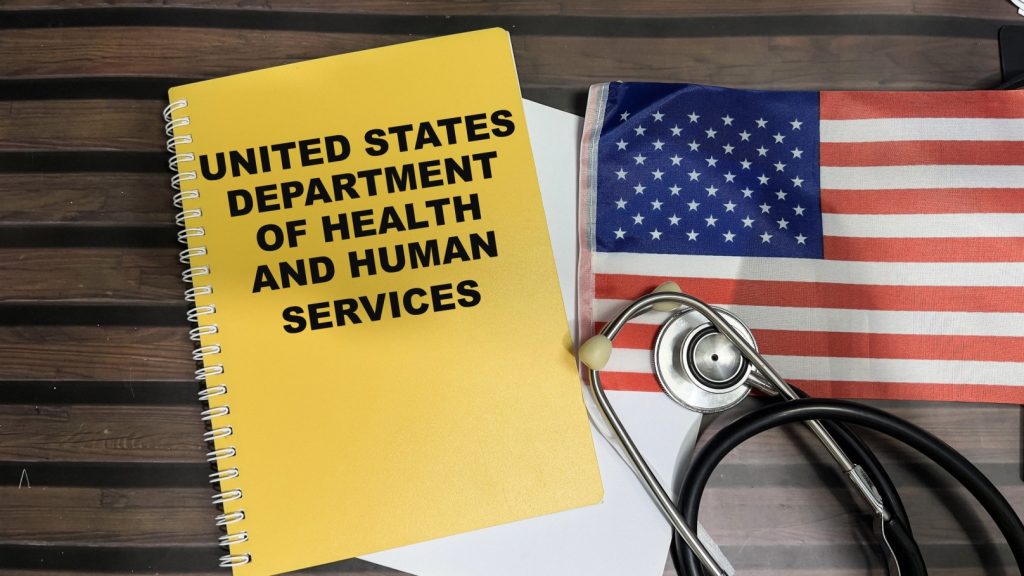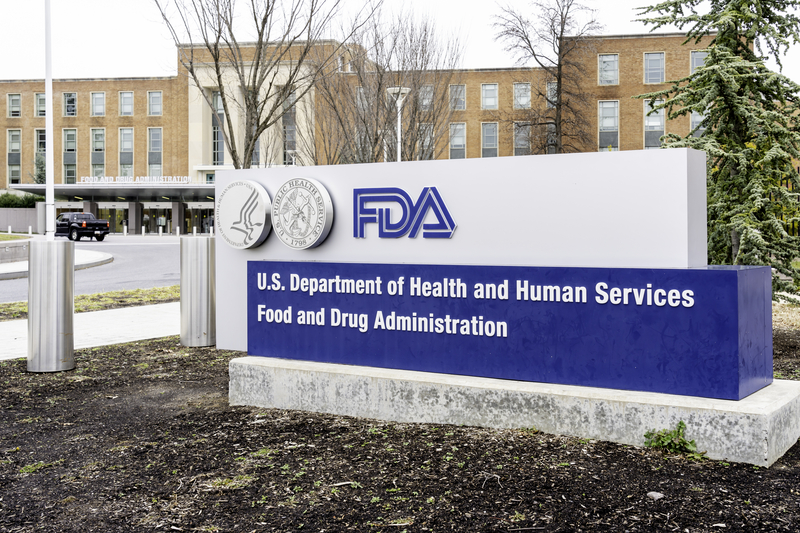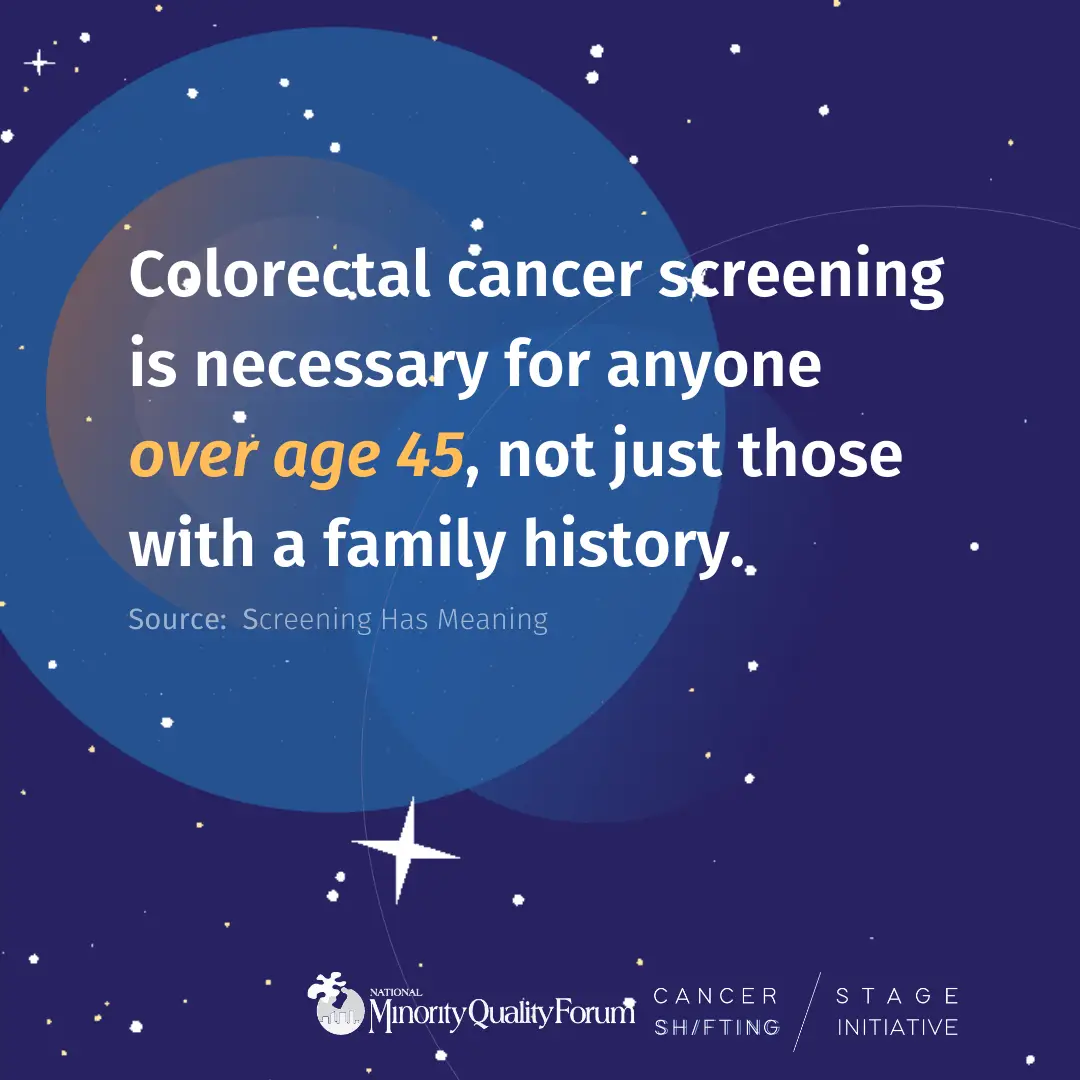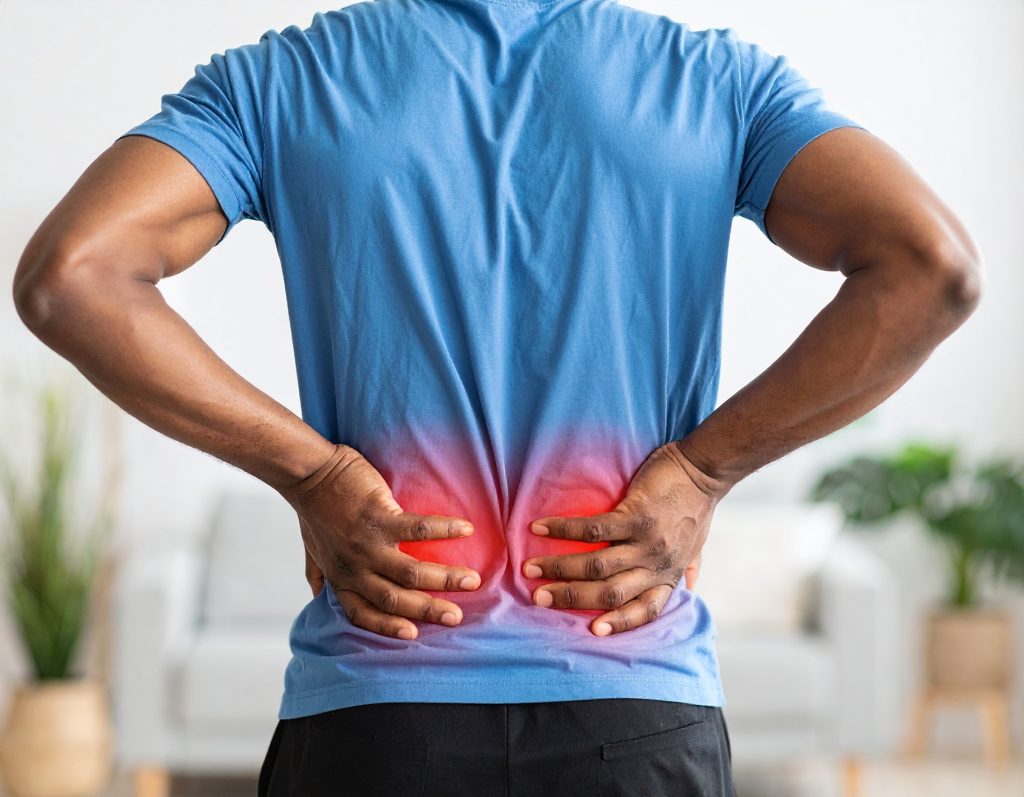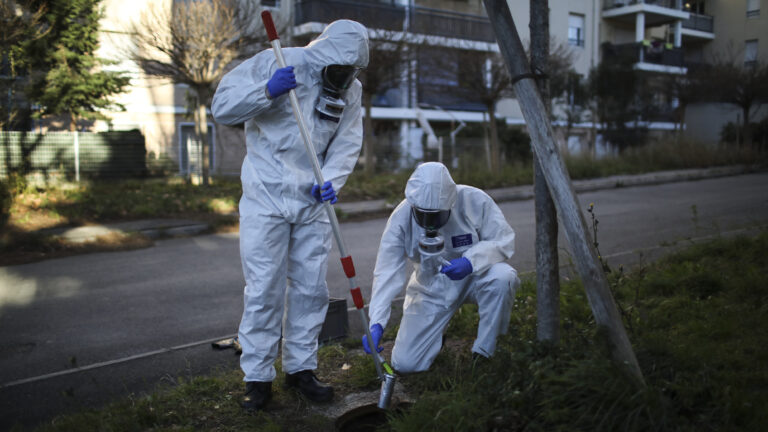urban
Heat Inequality in LA: How Urban Design Leaves Minority Communities Vulnerable to Extreme Heat
61
LA’s Heat Divide: how inequality Creates a City of Two Climates
This past summer marked the hottest 15 months on record, with scorching heat ...
Overview and Methodology of the National HIV Behavioral Surveillance Among Transgender Women — Seven Urban Areas, United States, 2019–2020
Overview
NHBS-Trans is an HIV-related biobehavioral surveillance system to monitor behavioral risk factors, prevention use, and HIV prevalence amon...
Facilitators to cervical cancer screening in a minority, urban, underserved population
Objectives:
Cervical cancer has markedly declined due to widespread use of screening, but Hispanic women continue to bear a dispropo...
Outcomes Among Patients Hospitalized for COVID-19 Treated with Remdesivir in an Urban Center Pre-COVID-19 Vaccination
Objective:
Data on treatment outcomes among minority populations treated with remdesivir are limited. We sought to evaluate outcomes...
Disparities in Continuous Glucose Monitor Use Between Children With Type 1 Diabetes Living in Urban and Rural Areas
Objective:
Despite evidence that continuous glucose monitoring (CGM) use is associated with lower HbA1c among children with type 1 d...
"Sorry for laughing, but it's scary": humor and silence in discussions of Colorectal Cancer with Urban American Indians
Background:
Given high rates of cancer mortality in Native communities, we examined how urban American Indian and Alaska Native elde...
Trending Topics
Features
- Drive Toolkit
Download and distribute powerful vaccination QI resources for your community.
- Health Champions
Sign up now to support health equity and sustainable health outcomes in your community.
- Cancer Early Detection
MCED tests use a simple blood draw to screen for many kinds of cancer at once.
- PR
FYHN is a bridge connecting health information providers to BIPOC communities in a trusted environment.
- Medicare
Discover an honest look at our Medicare system.
- Alliance for Representative Clinical Trials
ARC was launched to create a network of community clinicians to diversify and bring clinical trials to communities of color and other communities that have been underrepresented.
- Reducing Patient Risk
The single most important purpose of our healthcare system is to reduce patient risk for an acute event.






